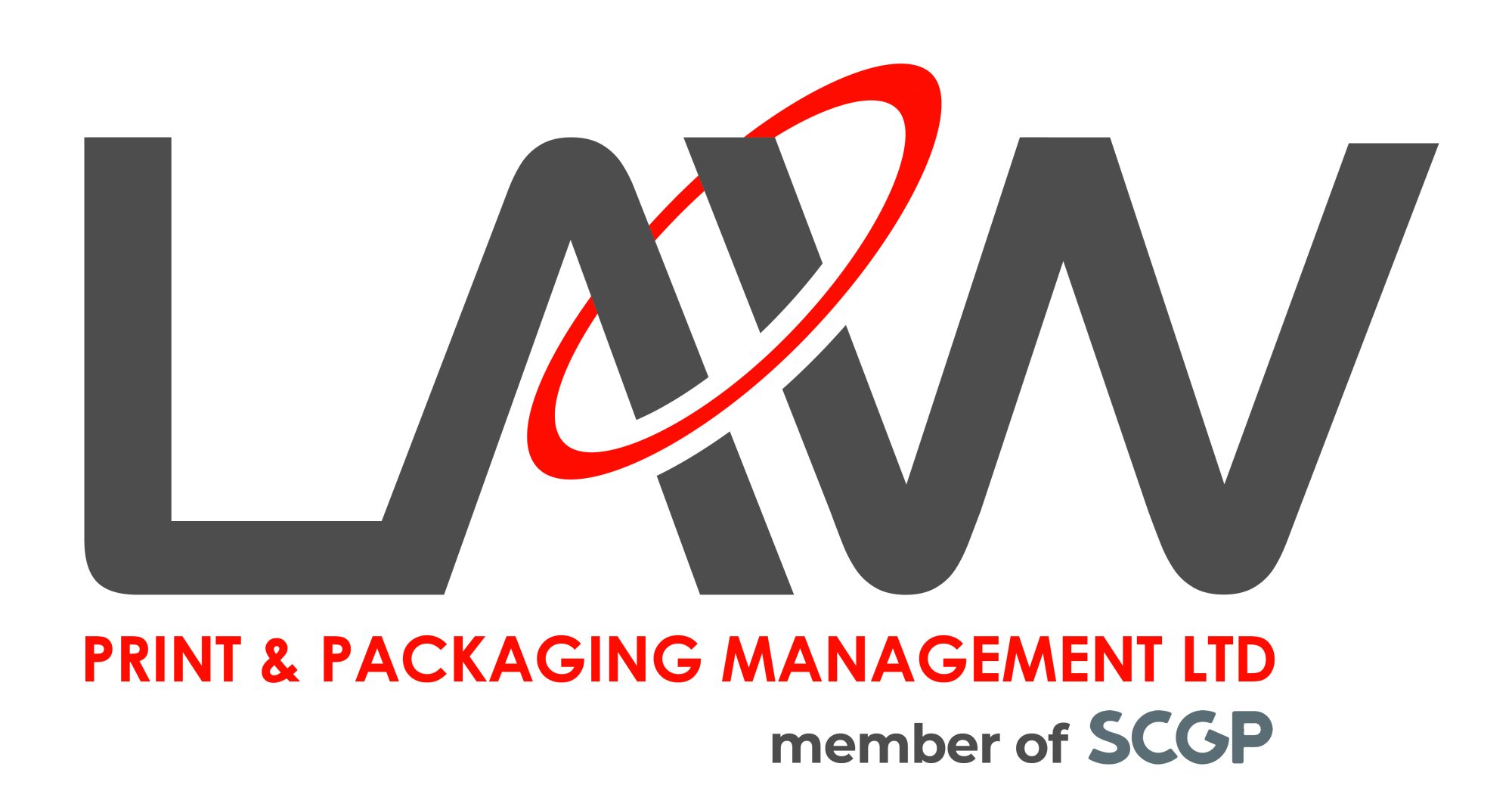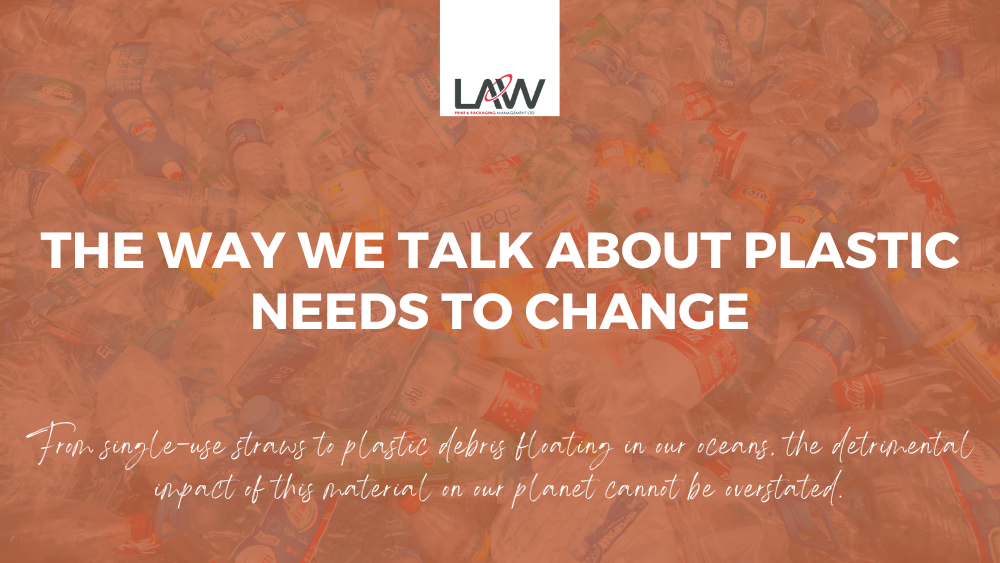From single-use straws to plastic debris floating in our oceans, the detrimental impact of this material on our planet cannot be overstated.
Yet, despite growing recognition of the problem, the way we talk about plastic often falls short of addressing its complexities and the urgent need for change.
The way we talk about plastic matters. It shapes public perception, influences policy decisions, and ultimately determines our collective response to this pressing environmental crisis. However, all too often, our discussions about plastic are characterised by oversimplification, blame-shifting, and a lack of emphasis on systemic solutions.
Plastic is not a bad thing, when used properly, disposed of properly and recycled properly. It’s time for a paradigm shift in our dialogue—one that moves beyond mere condemnation and towards a more nuanced understanding of the issue at hand. First and foremost, we must acknowledge the multifaceted nature of the plastic problem.
While it’s tempting to lay the blame solely on individual consumers for their excessive plastic consumption, the reality is far more complex. Yes, consumer behaviour plays a significant role, but so too do corporate practices, inadequate waste management infrastructure, and the broader socioeconomic factors that drive our throwaway culture.
The issue of plastic pollution extends far beyond the realms of individual consumption and corporate responsibility. It intersects with issues of social justice, as marginalised communities bear a disproportionate burden of the environmental and health impacts associated with plastic production and disposal. Whether it’s the toxic emissions from plastic manufacturing facilities or the siting of waste incinerators in low-income neighbourhoods, the consequences of our plastic addiction are not borne equally by all members of society.
In light of these complexities, it’s clear that our current approach to discussing plastic pollution is insufficient. Merely demonising plastic or placing the onus solely on consumers to change their behaviour overlooks the systemic nature of the problem. Instead, we need to adopt a more holistic perspective—one that recognises the interconnectedness of environmental, social, and economic factors.
Central to this new approach is the promotion of systemic solutions that address the root causes of plastic pollution. This includes measures such as implementing extended producer responsibility laws, incentivising the development of sustainable alternatives to single-use plastic, and investing in waste management infrastructure that prioritises recycling and composting over landfilling and incineration.
The benefits of plastic are huge. Plastic can reduce food waste tenfold, by keeping it fresher for longer. It can reduce spillages, and it can be transported flatter, so there is room for more on a container, therefore reducing the number of journeys a product needs to take.
Changing the way we talk about plastic will not be easy. It requires challenging entrenched narratives, confronting vested interests, and fostering a more nuanced understanding of the issue among the general public.
If your brand is looking to invest in quality packaging, we will guide you through the entire print process. Providing recommendations to improve efficiency, reduce costs and add untold value to the end product.
Contact us on +44 (0) 161 440 7302 or follow this link to complete our contact form.


